You listen, but the words don’t land. They hover above you, not within you. You nod. You hear the doctor’s voice. But your thoughts drift elsewhere. Reality feels paused. Everyone else seems to react faster than you.
You’re told what to expect. What might come next. But none of it registers yet. The moment is too thick. Too full. You don’t feel afraid—not yet. You just feel separate.
Understanding lags behind the news.
People begin looking at you differently before you even say anything
You walk out of the room and suddenly things shift. A nurse holds your hand longer. A friend’s face softens before you speak. People seem to sense something.
You haven’t told anyone yet, but your silence carries weight. You wonder if they know. If they can read the change in your posture, or in your eyes. You feel transparent.
Diagnosis becomes something visible, even when words are absent.
You want comfort but also space to be exactly where you are
Support comes quickly. Messages. Flowers. Questions. You appreciate it all—but also feel crowded. Everyone means well. But you need space. You want room to feel without explanation.
Some days you crave silence. Other days you want company without conversation. You don’t want to reassure others. You don’t want to be brave for anyone. You just want to be allowed to exist in your exact state.
Support should match your rhythm—not replace it.
Routines begin to break without your permission
Appointments replace mornings. Naps arrive in the afternoon. You skip meals without realizing. The rhythm you once followed dissolves. Not out of choice, but because your body and mind can’t hold it anymore.
Even small rituals—coffee, a walk, your usual playlist—begin to fade. You don’t resist the change. You just feel it happening, like sand slipping between your fingers.
The day no longer belongs entirely to you.
You feel pressure to remain positive even when you aren’t
People say things to lift you up. They encourage strength. They expect hope. But inside, you may feel numb, scared, angry. And you start hiding that.
You offer smiles to make others comfortable. You say “I’m okay” even when you’re far from it. You feel like you must protect people from your truth. The weight of positivity grows heavier than silence.
Pretending to be okay becomes more exhausting than being unwell.
The mirror becomes a place of quiet negotiation
You look and see someone familiar—but altered. Even before treatment, your face carries new weight. You study yourself longer. You try to catch changes that haven’t happened yet.
Sometimes you avoid your reflection. Other times you stare longer than usual. Your body feels like a space under observation. You negotiate with it daily. You ask it to hold steady, to cooperate, to carry you forward.
The relationship with your body becomes a conversation.
Some days pass without a clear thought but carry emotional weight
There are days when nothing happens. No appointments. No news. No symptoms. Still, you feel drained. You’ve done nothing—but your emotions feel stretched.
These days confuse people. They ask why you’re tired. Why you’re sad. You don’t have answers. You only know your energy leaks out slowly. Without reason. Without cause.
Emotion doesn’t always need an event to show up.
Fear doesn’t scream—it sits quietly and alters your decisions
You avoid planning vacations. You hesitate before buying groceries in bulk. You stop renewing subscriptions. Not out of despair, but hesitation. What if things shift? What if plans become reminders?
You feel calm on the outside. But fear shapes what you say yes to. And what you quietly let go of. It becomes a quiet editor in your life.
Fear doesn’t shout—it rewrites quietly.
You begin grieving the future you assumed was certain
You once made plans without thinking twice. Retirement. Travel. Birthdays years ahead. Now, those plans feel uncertain. You grieve a version of the future you once believed in.
No one took it from you. But something changed how you see it. You didn’t lose your future. You just stopped trusting its shape.
Grief can exist without death. It often begins with doubt.
Finding small control brings more comfort than waiting for big answers
There’s power in choosing your own blanket. Your music. Your pace. While big questions remain unanswered, small decisions feel grounding.
You focus on the hour—not the month. The meal—not the diagnosis. You track moments, not milestones. The scale of attention shifts. You notice light through a window. The scent of soap. A voice you trust.
Control doesn’t need to be large to be real.
